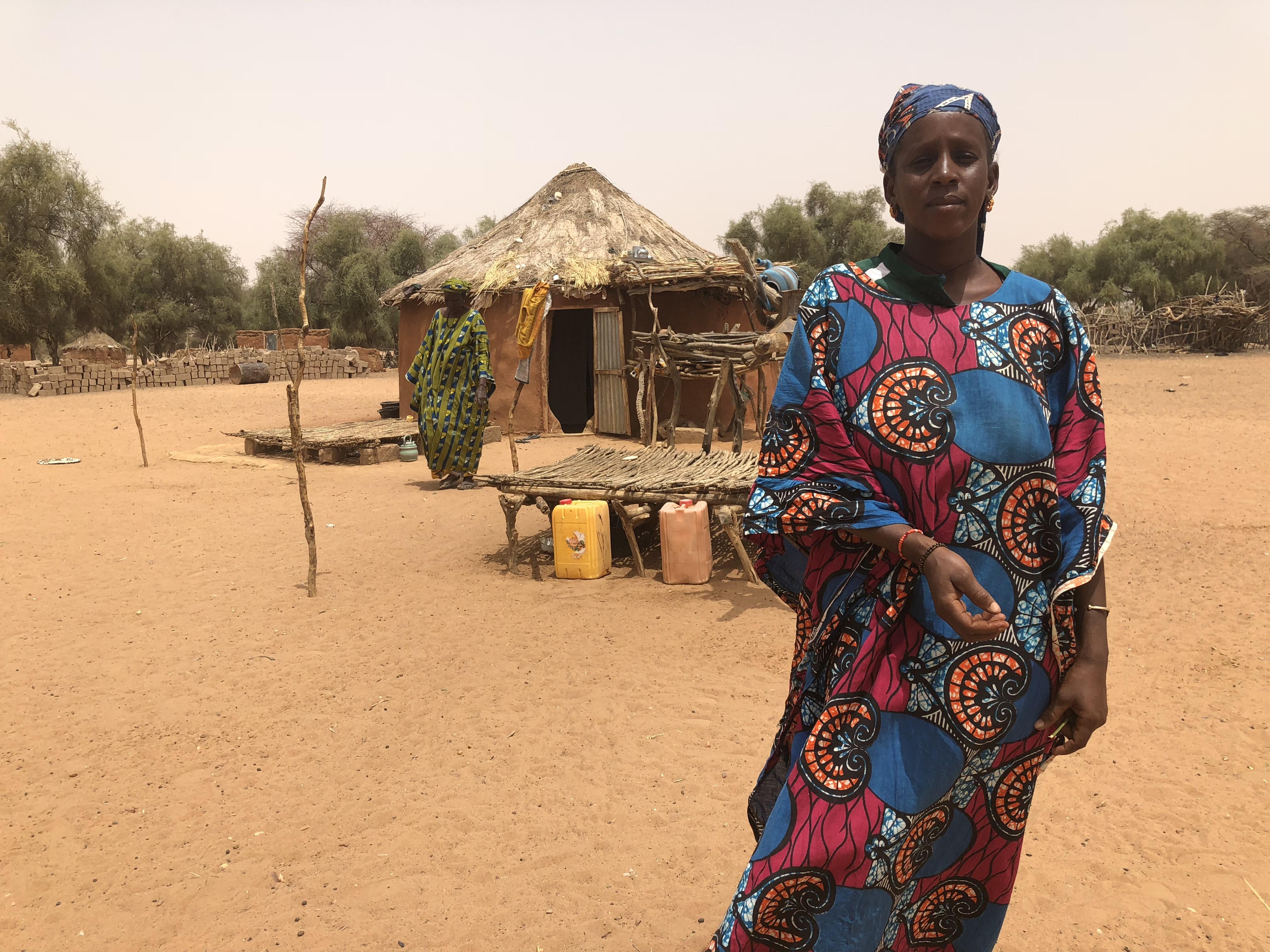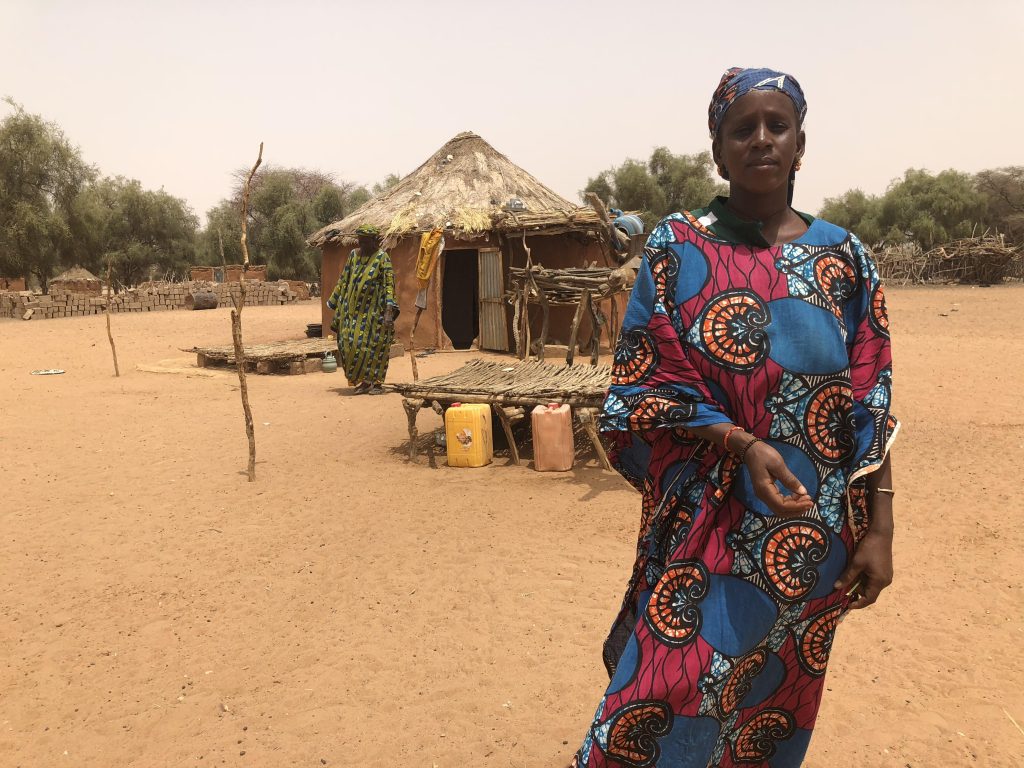STRUGGLING over land rights among women in Tanzania and Africa, in general, has remained as one of the social challenges despite efforts by relevant authorities to solve the problem.
In most parts of Northern Tanzania, women attest to the power of land ownership for personal empowerment and transformations in gender relations. Yet very few have obtained land ownership titles. “Even if I decide to buy my own land, in my culture my husband owns me and my properties.
Me and everything that I have belongs to my husband because I’m part of his property,” says Hamida Juma from Zambia village in Kiteto District, Manyara Region. Hamida’s statement resonates with so many other women living in Zambia village and beyond.
“In our culture, a woman with children is more likely to inherit property compared to a woman with no children. If widowed with no child, you might leave with nothing.” “If the children are young, the other male relatives control the properties on their behalf, because land in Zambia village belongs to men,” says Mariam Omary and Mariam Mandia, respectively.
In the village, most women recognise that owning land was their right and should not be negotiated with marriage, while in other communities women admitted that marital status affects women’s right to make decisions over land and property ownership in general.
However, all the women acknowledged that land ownership by women was a powerful tool to both economic and social liberation, as Paulina Lazaro, one of the women with a land title, asserts; “I’m happy I have my own piece of land and title on it. As a Maasai woman that’s big.”
For both small-scale agriculture farmers and pastoralists, land is the backbone to achieving a sustainable livelihood.
Despite their heavy contribution to both the economy and food security of the country, small-scale farmers and pastoralists-particularly women-are frequently excluded from decision-making processes regarding land, decreasing their ability to develop resilient livelihoods.
The majority of women especially in rural areas do not have the right to inherit, access, own land, and or make decisions over land and its produce which is consequently detrimental to their economic survival and social existence.
This norm contributes to women’s’ poverty and greatly hinders production potential with less than 50 per cent of the population taking part in development processes. Access and control over productive resources including land by women and communities will contribute to their food security.
For women, the land is an essential resource to their economic empowerment and struggle for equity and equality. Land in Tanzania is categorised into three-Village Land (70 per cent), Reserved Land (28 per cent) and General Land (2 per cent) (It’s important to note that these numbers might not necessarily represent the actual percentages on all three categories).
The village land is what supports the livelihoods of 80 per cent of the population; it is owned under customary tenure systems, and thus the importance of customary tenure cannot be underestimated.
For more than five years, Ardhi Yetu Programme (AYP Plus) through its partners (HAKIARDHI, Tanzania Natural Resources Forum (TNRF) and PAICODEO has been working with communities to advocate for land rights, gender equality and climate change adaptation.
Ardhi Yetu Programme (AYP Plus) is a national land rights advocacy programme that consolidates on-the-ground interventions while integrating resilience and adaptation.
AYP Plus utilizes and builds upon the CSO capacity, national forums and joint advocacy platforms developed during the first phase of AYP, to support the overall objective that; active communities and civil society advocate for an inclusive and transparent land sector, strengthening the land tenure security and resilience of small-scale farming and pastoral communities-particularly women.
The project works with three strategic partners (Tanzania Natural Resource Forum (TNRF), Land Rights Research and Resources Institute (LARRRI/HAKIARDHI) and Parakuiyo Indigenous Community Development Organisation (PAICODEO).
The Project is funded by CARE Denmark through CARE International in Tanzania and covers 10 districts namely Iringa Rural, Chemba, Kiteto, Simanjiro, Kilolo, Mufindi, Morogoro, Kilombero, Mvomero and Kilosa . AYP’s main goal is to ensure that national-level advocacy, policy dialogues and campaigns are driven by community voices, actions and realities.
This feature tells about individual and collective efforts by project beneficiaries, particularly women. Their experiences and voices are vital in shaping the programme interventions towards achieving its goal while taking into consideration community perspectives so as to realize meaningful changes.
The feature also gives insight to the programme and its partners how communities (individually and collectively) are handling land disputes, gender issues particularly gender-based violence, and/or adapting to climate change.
It helps to better understand and appreciate cultural differences and perspectives on land ownership, titling processes and gender complexities related (or not) to property ownership. The report also highlights the success of women’s collective efforts in reducing gender-based violence, eviction and water scarcity.
Their stories underscore the significance of local knowledge and experience in addressing climate change and adaptation. AYP and its partners acknowledge the community voices, experiences, and willingness to share their life experiences.
Land Rights Land conflicts have been on the increase over the past few years in Tanzania. Scarcity of land and competing priorities over the use of land resources have exacerbated the situation.

Though the government, in collaboration with different stakeholders, has come up with different mechanisms to address land-based challenges, some of which remain unsolved in some parts of the country despite the continued efforts to face them.
Different studies and cases indicate a decrease of village land, while other categories of land such as general and reserve land continue to increase. These changes directly or indirectly heighten tensions between land users. Conflicts are major impediments to land rights for small producers particularly women.
In most cases, land conflicts are between individuals, villages, villages against investors, and in the case of game reserve conflicts between villages and local government. One of the AYPs’ objectives is to work with the different stakeholders to address land conflicts and find lasting solutions by engaging with communities and decision-makers.
The AYP plus programme has documented existing conflicts and the resolution mechanisms put in place by communities with support from partners to address the conflicts. The following is an account of cases and testimonials that highlight the voices and experiences of communities with land conflicts and how they are addressing the issues.
The faces of Eviction One of the consequences of land conflicts, particularly of marginalised groups, is eviction. The semi-sedentary lifestyle that pastoralists have in the recent past adopted has resulted in the need for a permanent dwelling from which the women can raise their children and take them to school while the men migrate with the livestock in search of pasture.
In most cases when we hear eviction especially of pastoralists we think of animals and people who are homeless. For most people, when you talk of pastoralists, their perception is of people who never stay in one place, people who have no sense of home and who define family different from everyone else.
However, when you work with pastoralists you learn that they want to have a place they can call home, a place to raise their children and take them to school. They still want to move their cattle looking for pasture but maintain a place they can always call home.
The AYP programme has established that for pastoralist communities’ eviction largely impacts on women, children and other vulnerable groups.
This is particularly so for pregnant and lactating mothers, the elderly and the sick. Working with pastoral communities and hearing stories from women, men and their experiences have helped the programme and its partners to understand that eviction is beyond properties.
It’s also about women some of whom may be pregnant and had to walk kilometres in the forest to find a new home, women with toddlers, older people whose feet can no longer move, women who are menstruating with no proper facilities, people who are sick, women who are expected to care for the kids and other properties during eviction, Families that sleep under trees for months trying to figure out their next home or place to settle temporarily before being evicted again.
Children from evicted families are exposed to diseases and lack access to basic service facilities such as schools and health centres. Often the communities may use other ways to make sure that they buy more time and/or avoid eviction.
This has led to fear and uncertainty among community members who run away every time they see a vehicle thinking it’s evictors coming to evict them. The fear of unknown, uncertainty, and fear of losing what they call home, are stories so common among pastoralists and small farmers especially those who live close to game reserves.
A field visit to Wami Sokoine, Mvomero District, by the AYP programme team and partners in August 2019, to discuss issues on land, climate change and gender noted that community members from Ranch had been evicted from Women crave for more say over land ownership 1078910009 their homes since January 2019.
Villagers reported that they have been living there for over 12 years and believed the area was designated by the village authority.
Recounting the story of Amina Msendekwa, leader of the women group said, “When we received the eviction notice, we went to see the Regional Commissioner who gave us 20 days for preparation to leave the place although initially we were given seven days by the District Commissioner.
Surprisingly, we were evicted before the 20- day deadline.” Community members were not happy with the way eviction was undertaken. Anna Almas narrates: “we were forced to sleep under a tree fearing to remain in the village as anything bad could have happened to our families.”
Most of the evicted community members have since been living with their relatives and others are hosted in churches. Some of the children and elderly from the evicted homes took shelter at the Pastor’s house which he’d vacated to accommodate them.
However, the house did not have adequate space forcing most children to seek shelter in nearby churches. The situation has exposed the children and vulnerable community members to diseases such as malaria and pneumonia.
“My house and everything was destroyed. I had bought 300 poles each costing 5000/- to build a better house. Evictors burned everything including my house and the poles to ashes. I was left with nothing and I cannot afford to build the similar house or buy other poles for construction,” says Esther Julius one of the victims of eviction in Ranchi hamlet in Wami Sokoine village.
Stories like this of Esther and others are common among pastoralist communities and in some cases farming communities living nearby reserves.
Evictions happen for different reasons including to allow for investment projects and for the protection of flora and or fauna to name a few and the impact on pastoralist communities is in most cases is beyond their capacity to address.
These stories highlight the need for practitioners, the government and other stakeholders to pay attention to evictions and their effect on the social and economic rights of the communities as this could easily become a drawback to the realization of the Country’s vision of becoming a middle income country by 2025.

